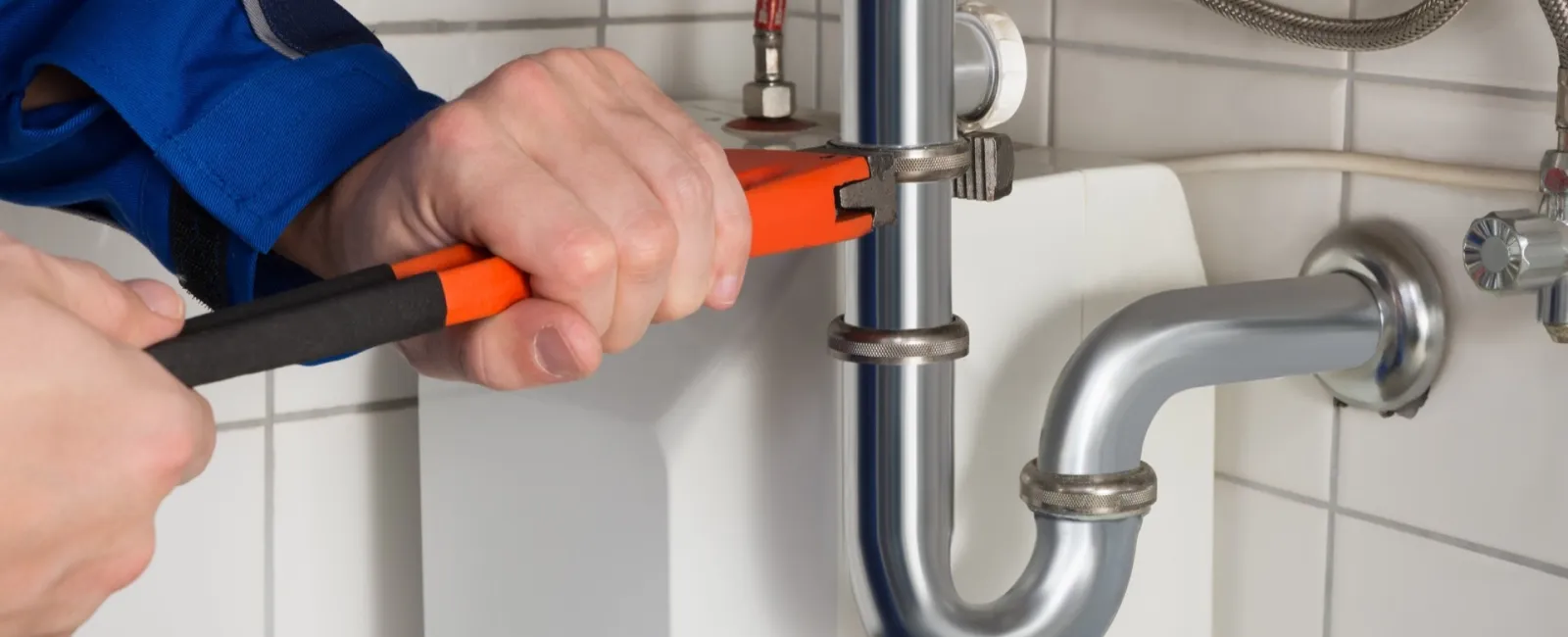We all know we can boost the energy efficiency of our homes by upgrading our appliances and heating and air-conditioning equipment, but did you know that plumbing fixtures could play a role, as well?
When choosing efficient plumbing products, look for the WaterSense label. The Environmental Protection Agency (EPA) developed the WaterSense labeling program to help consumers identify products with high efficiency, and an independent third party performs certification.
Here are some plumbing fixtures to consider in your energy efficiency plan:
- Showerheads. According to the EPA, showering makes about 17 percent — or 40 gallons per day — of residential water usage. A standard showerhead consumes about 2.5 gallons per minute (gpm), while a water-saving showerhead with the WaterSense label will use, at most, 2.0 gpm. Over time, these savings will add up, and you'll see the savings in both your water-heating bill and your water bill.
- Faucets. Standard faucets generally allow about 2.5 gpm or more to flow out. For energy efficiency, install a low-flow aerator on the kitchen and bathroom faucets. WaterSense products must achieve a flow rate at or below 1.5 gpm. Installing one will reduce the flow of water by around 30 percent.
- High-efficiency toilets. Yes, there is such a thing. In fact, they've been around for a while. Early iterations of low-flow toilets saw problems with the removal of waste. The technology behind them has become smarter and more effective, however, and today's low-flow, high-efficiency toilets use just 1.28 gallons per flush, or even less.
- Dual-flush toilets. These ultra efficient toilets have two flush buttons. The lowest-water option is best for eliminating liquid waste. For tougher jobs, use the higher-water flush.
Reducing water usage is a great way to conserve natural resources, and it's critical for drought-prone areas where water shortages are common.
If you'd like expert advice about reducing water usage and boosting your home's efficiency, an experienced plumbing service can help design a water-saving plan and suggest upgrades such as a tankless water heater to drive higher efficiency.
